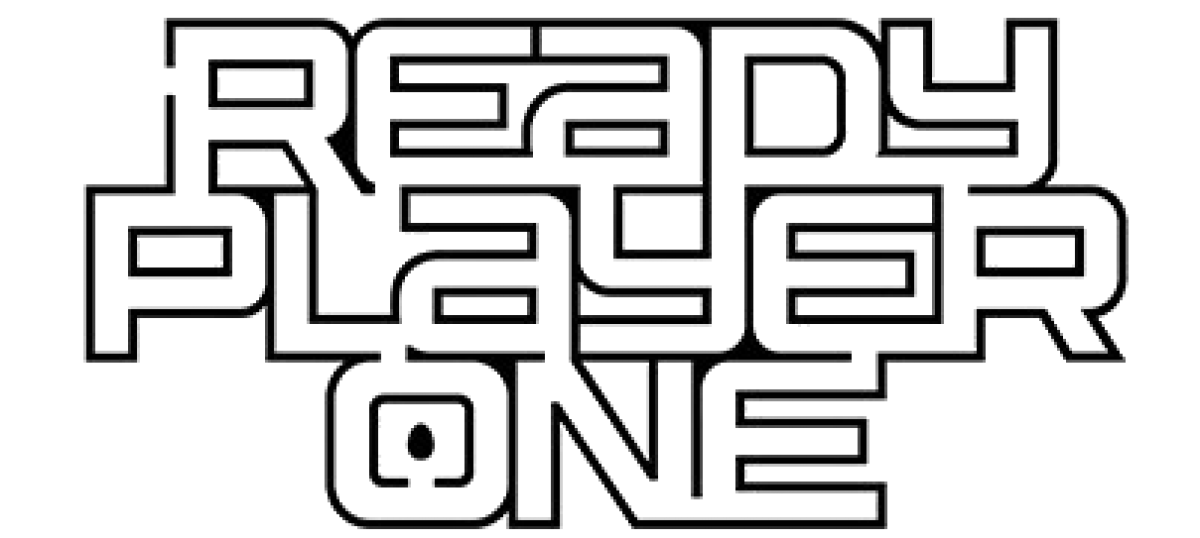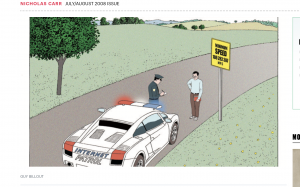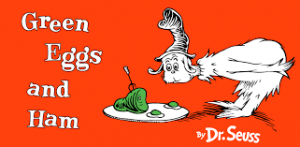Ryan Daunt
Dr. Licastro
Eng 151
October 10th
The Future of Learning
The world is constantly changing, new developments and breakthroughs being made every day. Our society has changed a large amount in a very short span of time in and the increasing use of technology has changed our lives drastically. Few, if not any, advances have been as impactful on human culture as the creation of the internet. The world wide web has given almost anyone residing in a modernized society the ability to access an infinite wealth on information with a couple of clicks on a keyboard. The implications of this are perplexing, information that had once taken countless hours of rummaging through physical books can now be accessed in mere minutes. This obviously has had a colossal impact in our society, especially since this tech has been integrated into the education system so heavily already. There are problems, however. The psychological ramifications of this new form of research and reading are very new and many people are starting to discuss the presence of declining reading skill, concentration, and comprehension. I believe that in order to combat this decline, our education system will have to implement changes in how students acquire their information and go about wielding this technology given to them.
Google, because of its association with quick searches and results, is an integral part of this digital age we live in. It is the interface that directs you to where the information you’re looking for can be located. However, Nicholas Carr believes that Google and the internet’s accessibility are having a negative impact on people’s brains. He discusses this in his article “Is Google Making Stupid? “where he talks about how people’s abilities as readers have decreased noticeably in such a short amount of time. He has personal experience with this too, explaining how the impact of the new tech by stating “Now my concentration often starts to drift after two or three pages. I get fidgety, lose the thread, begin looking for something else to do.”, in the context of how his new style of reading has impacted his reading habits and his mind’s ability to focus on a task. (Carr Paragraph 2) People have become more likely to skim through information, looking for those few keywords or phrases rather than submerging themselves in the pieces. Based off his research deeper into the question Carr has theorized that “what the Net seems to be doing is chipping away my capacity for concentration and contemplation.” and over time has diminished his ability to zone in completely on pieces for extended amounts of time. (Carr Paragraph 4). I have seen some of these same effects in my life as well. I grew up as a reader, spending countless hours with my head buried in books completely absorbed. Recently, like Carr, I’ve noticed that both myself and my friends have brought up on multiple occasions the increasing difficulty we have staying focused on books for an extended amount of times. Carr’s noticed many of his friends also straying away from reading or stopping altogether. (Carr Paragraph 5) This is very concerning if the developed brain of an adult is able to be so easily changed in such a short span of time, the impressionable minds of the youth in school are in serious danger. Growing up into such habits could seriously impact the kid’s abilities to retain information. This loss of focus and concentration is noticeable in even the highest of education too, when Carr discusses this over the phone Bruce Friedman, A pathologist who has long been on the faculty of the University of Michigan Medical School, he says to Carr when discussing his ability to read complex pieces that “I’ve lost the ability to do that. Even a blog post of more than three or four paragraphs is too much to absorb. I skim it.”(Carr Paragraph 6) If these issues are not addressed serious damage could be done to the future minds of our society.
Ferris Jabr focuses more heavily on the concept of how onscreen reading impacts us compared to the physical book version of reading. Opening his piece “The Reading Brain in the Digital Age: The Science of Paper versus Screens” by asking pointed questions regarding how worried we should be about how the screens are interacting with our brain, and if the validity of these worries is justified. (Jabr Paragraph 4) Evidence, however, does suggest that the screen is the more negative of the two forms of reading. Jabr points out that studies have shown that “Compared with paper, screens may also drain more of our mental resources while we are reading and make it a little harder to remember what we read when we are done.” furthering the idea that people’s brains are having to adapt to this new form of reading that is becoming more and more prevalent in society. (Jabr Paragraph 6) The most alarming part of this is that ebooks are only becoming more popular, though they struggled initially the convenience and accessibility of them have propelled them. Ebooks currently “e-books currently make up between 15 and 20 percent of all trade book sales.” and it is unlikely that this number is going to drop quickly or at all. (Jabr Paragraph 5) Meaning this problem will likely be around for a while if something is not changed. It’s the most concerning when you think about the future youth too, studies have shown that “ When reading on screens, people seem less inclined to engage in what psychologists call metacognitive learning regulation—strategies such as setting specific goals, rereading difficult sections and checking how much one has understood along the way.” meaning these aspiring students are becoming less and less inclined or even able to deep read pieces of literature. Without change not only will our children have a very difficult time being able to appreciate and utilize literature the way previous generations have.
This ebook form of reading is making us unfocused and less able to zone into one thing. We are constantly looking for new excitement and moving from thing to thing after short periods of time. Olivia Goldhill brings up this issue in her article “Neuroscientists say multitasking literally drains the energy reserves of your brain” when proposing a likely relatable scenario dealing with a busy morning filled with chores and activities that must be done and how one will feel exhausted after doing such. (Goldhill Paragraph 1) This relates directly to how these books are making us feel. Our brain has to work a lot harder to process the lights, texture, and complexity of these ebooks, both splitting our attention on the content and draining us making us more likely to want to find another activity. However, Goldhill is a lot more optimistic about the prospects of technology on society the Jabr or Carr. Goldhill, citing Gloria Marks, brings up that “technology can help protect against its own distractions, such as software interfaces that force users to take breaks every couple of hours.” stating that if the tech was modified in order to promote a healthier way to use it, it could be very efficient and productive. (Goldhill Paragraph 12) Multitasking itself is one of the issues our generation is facing. We are moving towards a more efficient and time conservative culture but are also gaining the tendency to jump between two or more different things. Goldhill uses Daniel Levitin, a professor of behavioral neuroscience at McGill University, by quoting “That switching comes with a biological cost that ends up making us feel tired much more quickly than if we sustain attention on one thing,”, referring to the switching between tasks we are inclined to do. (Goldhill Paragraph 3). A proposed solution to these problems would be to “to give up on multitasking and set aside dedicated chunks of time for each separate activity.” splitting our time between different things while still being able to focus on specific things. (Goldhill Paragraph 11) Technology does not have to be all bad, we just need to learn how to manage our use of it, otherwise, it could severely impact the future of our society.
Our society is always changing and our technology is what is driving this change. It is very hard however to know the ramifications of these advances and the impacts they will have on us as people. Ebooks and online reading are very helpful and can be very useful in educational environments or for self-entertainment, but changes in our brains tendencies have already been noticed in the short span of these forms of readings existence. The education system must attempt to limit students use of these things, encouraging them to focus on deep reading and learning reading habits that will help them retain more information, otherwise, it will become more and more difficult for them to both comprehend and focus on the things they are reading.


